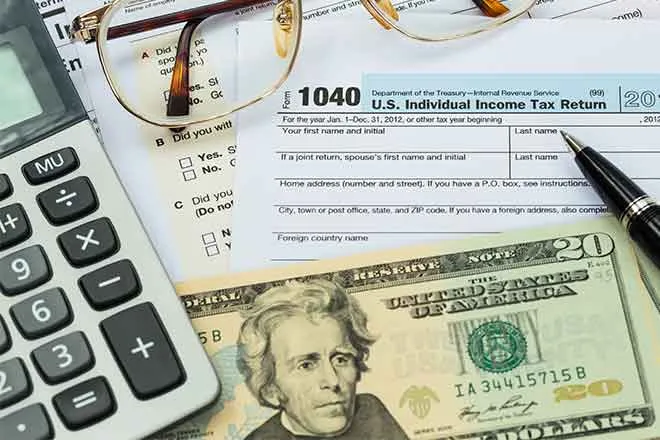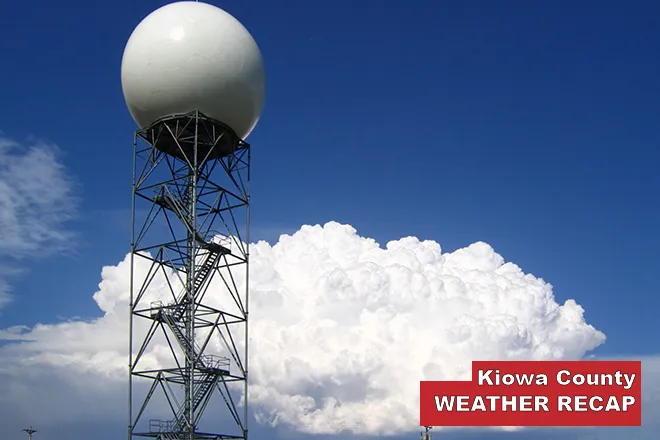
Texas Senate passes bill ordering PUC to reverse $16 billion in overcharges from winter storm outages
(The Center Square) – In response to the Public Utilities Commission ignoring Lt. Gov. Dan Patrick’s request to reverse its decision to overcharge customers by roughly $16 billion, Patrick asked Texas Governor Greg Abbott to intervene.
Abbott replied that the office of the governor “does not have independent authority to accomplish the goals you seek. The only entity that can authorize the solution you want is the legislature itself. That is why I made this issue an emergency item for the legislature to consider this session."
Patrick made sure the issue was addressed in the state Senate, the chamber he leads, and the Senate passed such a bill by a vote of 27-3, with one senator absent. Now it’s up to the state House to address the issue.
“The Senate has acted,” Patrick said. “We are asking the governor to join us and I think if he will say he’ll sign this bill, it may help us get this bill through the House.”
The Senate used a parliamentary procedure to allow the bill to go forward on Monday and the bill was presented by Sen. Bryan Hughes, R-Mineola. The bill was referred to the Senate Jurisprudence Committee, led by Sen. Joan Huffman, R-Houston, which quickly approved it by a vote of 3-1. Sen. Brandon Creighton, R-Conroe, voted against it.
Hughes argued that there was a “compelling public interest” for the PUC to reverse $16 billion in wholesale electricity charges that would cause consumers’ bills to skyrocket to up to $9,000-per-megawatt-hour.
"This bill recounts what we already believe to be true: that ERCOT and the PUC have the authority to make these changes," Hughes said. "The bill makes that as a finding and underscores what's already here. They have the authority, and it directs them to do that."
PUC chairman Arthur D’Andrea told the Senate last week that he didn’t think he had the authority to direct ERCOT, the agency that oversees the Texas grid, to reverse the charges. Critics point out that it was the PUC that had directed ERCOT to increase the charges in the first place.
Hughes’s bill, SB 2142, states that the PUC has the authority to reverse the charges and orders it to mandate reversing them by Saturday, March 20.
House members have expressed concerns that reversing the charges would have unintended consequences for energy providers and the market, and some power generators would stand to lose a lot of money.
Austin Energy, for example, the Austin-American Statesman notes, “appears poised to have earned upwards of $54 million during the crisis.” And any surge profit it received “probably would have been passed on to ratepayers. Likewise, those facing steep bills, such as San Antonio's municipal utility, could increase rates to recoup costs.”
Austin Energy has expressed opposition to the bill.
"As the Commission recently noted in declining to reprice, any attempt to do so after the fact – with incomplete information regarding market participants' cost and hedging positions – will simply create a different set of harmful outcomes," Austin Energy said.
According to a report by Potomac Economics, real-time market costs from Feb. 14-19, when the state was hit with historic sub-freezing temperatures, totaled roughly $47 billion. Those five days cost more than four times the real-time market costs for the entire year of 2020 of $10 billion.















